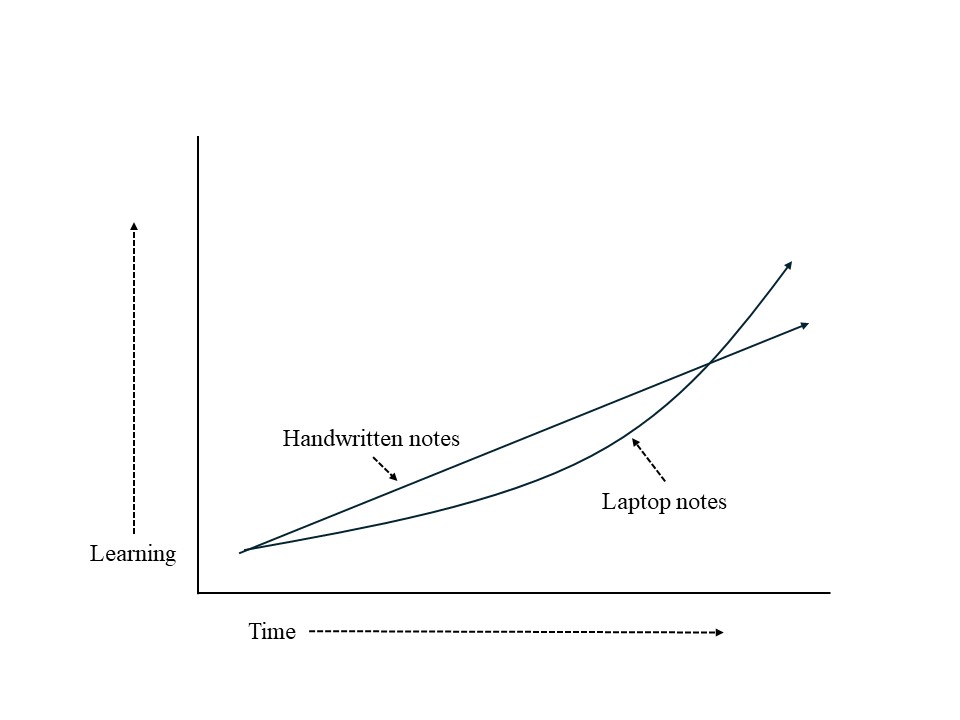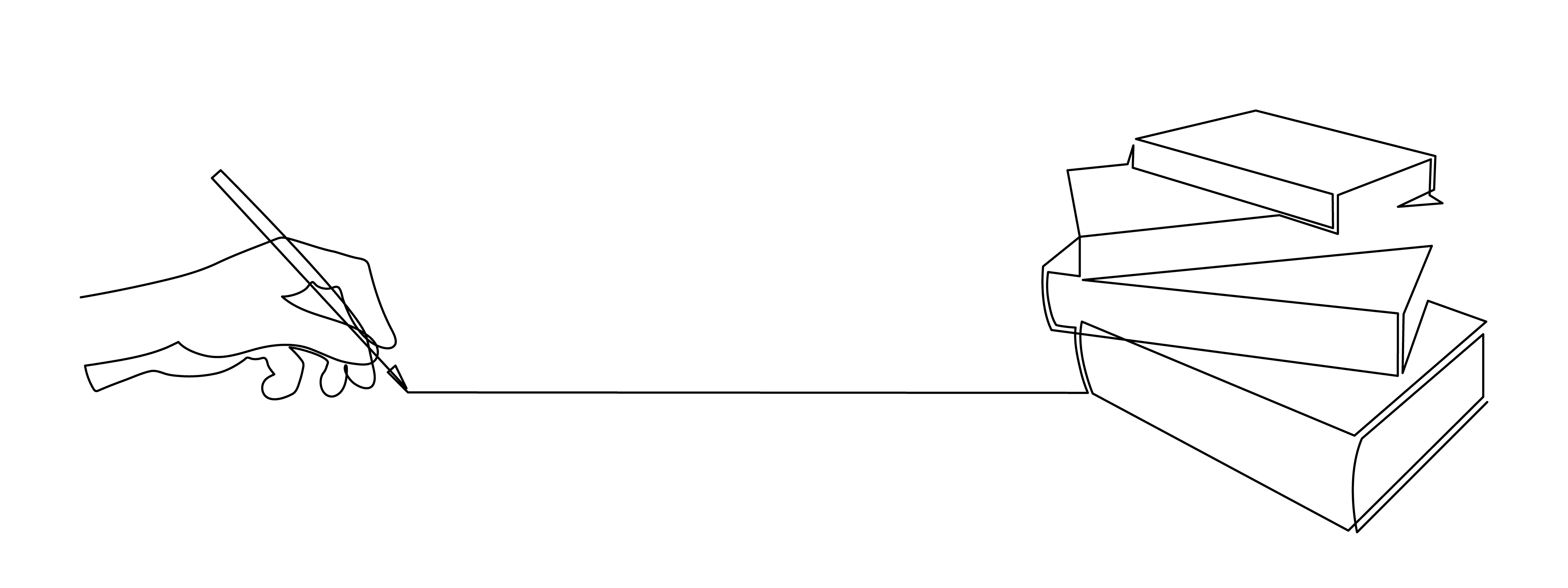-
ABOUT THE AUTHOR
Andrew Watson
Andrew began his classroom life as a high-school English teacher in 1988, and has been working in or near schools ever since. In 2008, Andrew began exploring the practical application of psychology and neuroscience in his classroom. In 2011, he earned his M. Ed. from the “Mind, Brain, Education” program at Harvard University. As President of “Translate the Brain,” Andrew now works with teachers, students, administrators, and parents to make learning easier and teaching more effective. He has presented at schools and workshops across the country; he also serves as an adviser to several organizations, including “The People’s Science.” Andrew is the author of "Learning Begins: The Science of Working Memory and Attention for the Classroom Teacher."
Tags
ADHD adolescence attention autism book review boundary conditions classroom advice conference speakers constructivism/direct instruction creativity desirable difficulty development dual coding elementary school embodied cognition emotion evolution exercise experts and novices gender high school homework intelligence long-term memory math methodology middle school mind-wandering mindfulness Mindset motivation neuromyths neuroscience online learning parents psychology reading retrieval practice self-control skepticism sleep STEM stress technology working memoryRecent Comments
- Roberta on Seriously: What Motivates Teachers to Be Funny?
- Revisiting the "Handwriting vs. Laptops" Debate: More Moving Goalposts |Education & Teacher Conferences on Handwritten Notes or Laptop Notes: A Skeptic Converted?
- The Power Of A Growth Mindset: How Students Can Overcome Challenges - Sunshine Blessings on The Rise and Fall and Rise of Growth Mindset
- Goals, Failure, and Emotions: a Conceptual Framework |Education & Teacher Conferences on “Learning from Mistakes” vs. “Learning from Explanations”
- From Destruction to Rebuilding: Hope in Science’s Down Cycle on When Analogies Go Wrong: The Benefits of Stress?
ABOUT THE BLOG

Overwhelmed Teachers: The Working-Memory Story
We spend A LOT of time working to prevent student working memory overload. In this…

Summer Plans: How Best to Use the Next Few Weeks...
Our blogger is on vacation. While he’s away, this post — which first appeared in…

The Jigsaw Advantage: Should Students Puzzle It Out? [Repost]
This post got a LOT of attention when our blogger first wrote it back in…

“Students Simply Cannot Improve”: Handwritten Notes vs. Laptop Notes
I disagree with the title of this blog post. I believe students CAN improve at…

A Skeptic Converted? The Benefits of Narrative
Let’s imagine that I tell you about a cool new research finding: singing helps students learn!…

The Rare Slam Dunk? Blue Light Before Bed
I spend A LOT of time on this blog debunking “research-based” certainties. No, handwriting isn’t…

When Experience Contradicts Research: The Problem with Certainty
A friend recently told me about his classroom experience using mindfulness to promote thoughtful and…

Should Students Annotate Their Texts? A Research Perspective
A few years ago, I visited an English Department meeting at a well-known high school….

Summer Plans: How Best to Use the Next Few Weeks
The summer stretches before you like a beach of relaxing joy. With a guilty-pleasure novel…

The Best Ways to Use ‘One-Pagers’
In recent years, our field has seen a great increase in ‘one-pagers’: handy summaries of…

